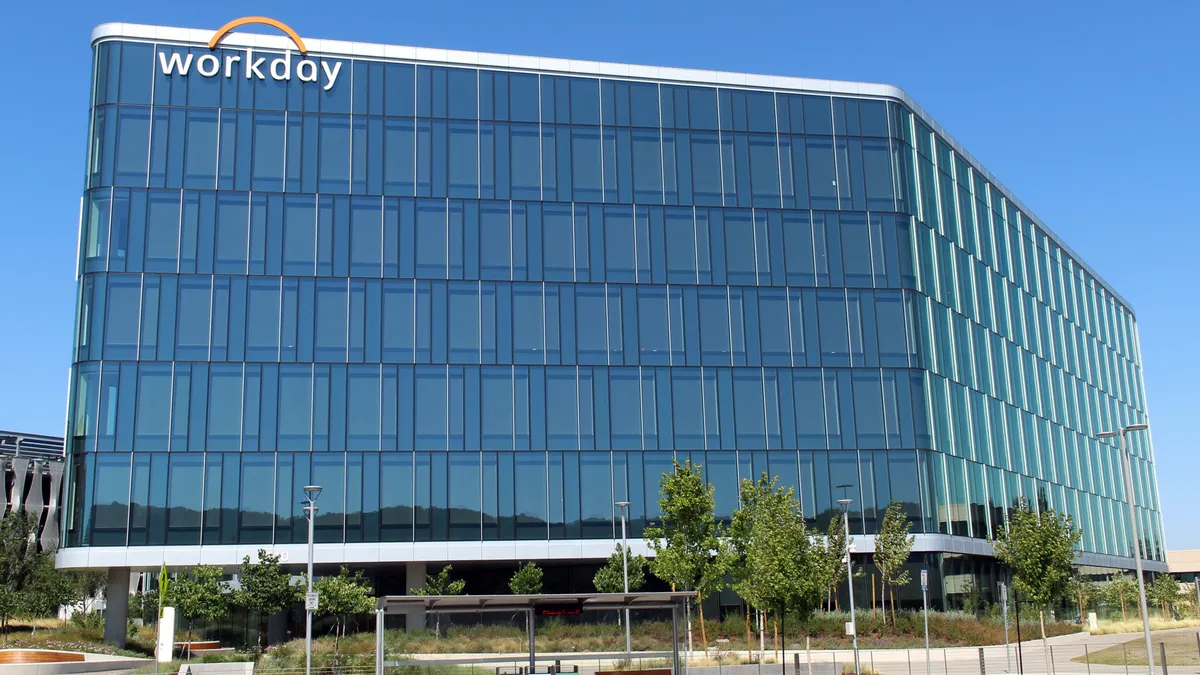Today’s data-inundated corporate finance departments are ripe for an era of artificial intelligence-driven automation that can enable a range of use cases from scenario planning to cash performance analysis, according to Rohit Gupta, CEO of finance software company Auditoria.AI.
The rapidly growing volume and complexity of data handled by CFOs and their teams is putting a strain on the tools they have traditionally relied on to do their jobs, setting the stage for a new “paradigm,” Gupta said, speaking at a conference hosted in San Francisco, California last week by Workday, a provider of cloud-based finance and human resources applications.
“We’re moving to a world with massive amounts of data, massive complexity of data, and data that is continuously changing, and that’s where AI comes in,” he said.
Gupta, whose Santa Clara, California-based company is a Workday Ventures partner, introduced a Thursday panel discussion titled, “AI for the Finance Office: Finding a Competitive Edge.”
He and other panelists asserted that generative AI, an emerging technology that has been catapulted into the public spotlight over the last year, can be used today to meet a host of needs in the corporate finance world.
“We actually think that the opportunities are huge,” said Ray Wang, founder and chairman of Constellation Research, a technology research and advisory firm based in Silicon Valley.
Generative AI refers to technology capable of producing text, images, or other content based on data used to “train” it.
Gupta asked audience members, many of whom were CFOs, to imagine using the technology — for scenario planning purposes — to simulate global events, such as the supply chain disruptions that were caused by the COVID-19 pandemic. “That’s an example of technology that is available today that you can pilot,” he said.
Other potential use cases include helping finance teams to predict customer behavior; automate “mundane” tasks associated with invoice processing; and detect anomalies in transactional records, he said.
A July KPMG survey found that 80% of executives believe generative AI will disrupt their industry and nearly all (93%) think it will provide value to their business.
Still, polls also show that many C-suite leaders are worried about some of the risks associated with generative AI, which could be a barrier to implementation in some cases. Such risks include the potential for data leaks and “hallucinations,” where the technology asserts inaccuracies as if they were true.
Amit Sharan, chief information officer and head of business transformation, at LiveRamp, a San Francisco, California-based software-as-a-service company, acknowledged that some CFOs may not be ready to fully embrace AI.
“The CFO is not typically a shiny object grabber,” he said at the Workday conference. “They’re risk averse, but more importantly, that’s their job.”












